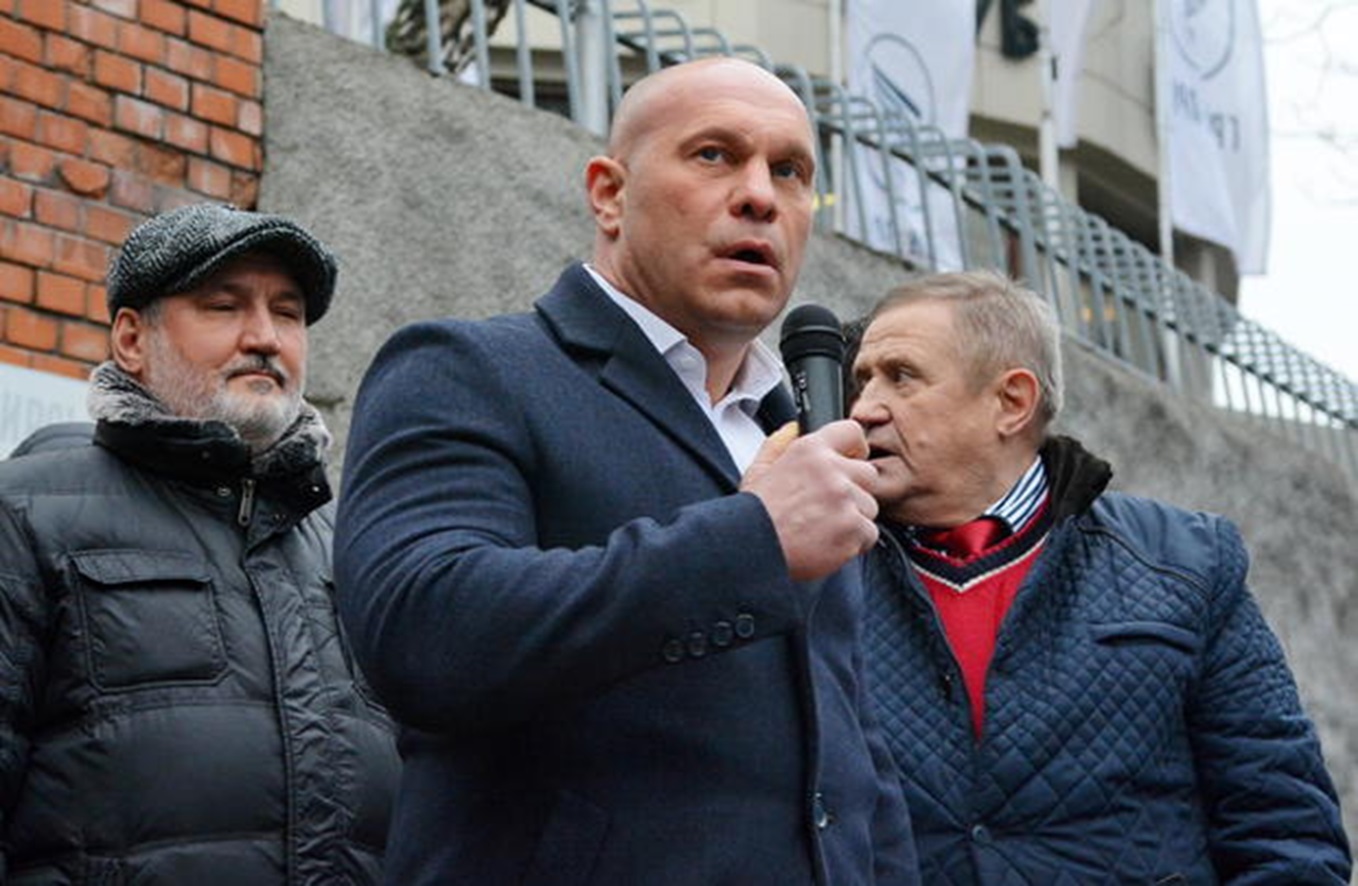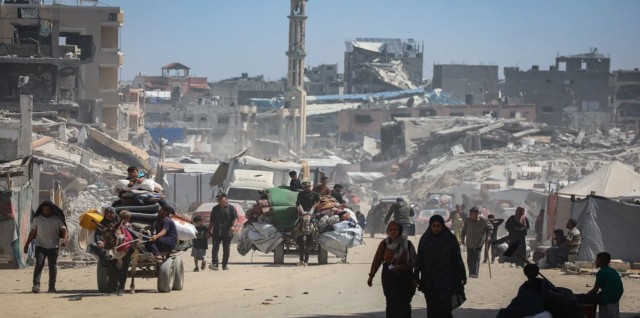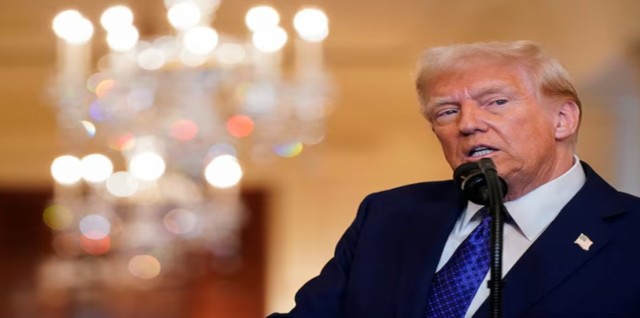
Illia Kyva, a Member of the Verkhovna Rada of Ukraine, addressed a gathering in support of the Pro-Russian party Opposition Platform on March 2, 2021, at a rally captured in an image by ALEKSANDR GUSEV/SOPA IMAGES/LIGHTROCKET VIA GETTY IMAGES.
In a development highlighting the ongoing tensions between Ukraine and Russia, Kyiv has acknowledged its involvement in the assassination of Illia Kyva, a former Ukrainian lawmaker who had defected to Russia. The ex-lawmaker's body was discovered outside Moscow in the village of Suponevo on Wednesday. Sources within Ukraine's defense sector revealed to AFP that the country's SBU security services orchestrated the assassination, marking another incident in a series of targeted actions against pro-Russian individuals.
Kyva, who had been expelled from the Ukrainian parliament and later defected to Russia amid Moscow's military offensive, became a notable figure in the geopolitical conflict. Since Russia's invasion last February, Ukraine has claimed responsibility for various attacks and assassinations, primarily targeting those aligned with the pro-war stance in Russia or former Ukrainian officials supporting Moscow's military actions.
Speaking on national television, Andriy Yusov, a spokesperson for Ukraine's military intelligence, confirmed Kyva's death and declared that similar fates awaited other perceived traitors and supporters of the Putin regime. Describing Kyva as one of the "biggest scumbags, traitors, and collaborators," Yusov characterized his demise as an act of justice.
Historically, Kyiv seldom commented on its involvement in attacks against pro-Russian figures, but there has been a recent shift towards openly claiming responsibility and issuing threats against collaborators. The evolving strategy signals a more assertive stance by Ukraine in the information warfare accompanying the physical conflict.
The backdrop of targeted assassinations and attempts is not uncommon in the broader context of the Ukraine war. Last month, Ukraine raised concerns about an alleged poisoning attempt on Marianna Budanova, the wife of Kyrylo Budanov, head of Ukraine's military intelligence agency. While Ukraine initiated an investigation, Russia denied any involvement. Pro-Russian officials and supporters of Moscow's invasion have faced similar fates, with over 10 reported foiled attempts against Budanov.
The military intelligence unit led by Budanov considered highly influential, has been implicated in several sabotage attacks against Russia behind the frontlines. In turn, Moscow has accused the unit of orchestrating the October 2022 explosions on the Kerch bridge, linking Russia to the annexed Crimean peninsula.
Amidst these incidents, Ukrainian President Volodymyr Zelenskyy claimed in an interview that he has survived multiple assassination attempts since the onset of Russia's invasion. The acknowledgment of such attempts underscores the high-stakes nature of the conflict and the complex web of intelligence and counterintelligence operations at play.
As geopolitical tensions persist, these targeted actions and open admissions by Ukraine contribute to an environment where information and warfare tactics play an integral role alongside the physical confrontations. The situation remains fluid, with both sides engaging in a multifaceted struggle for dominance and control.















